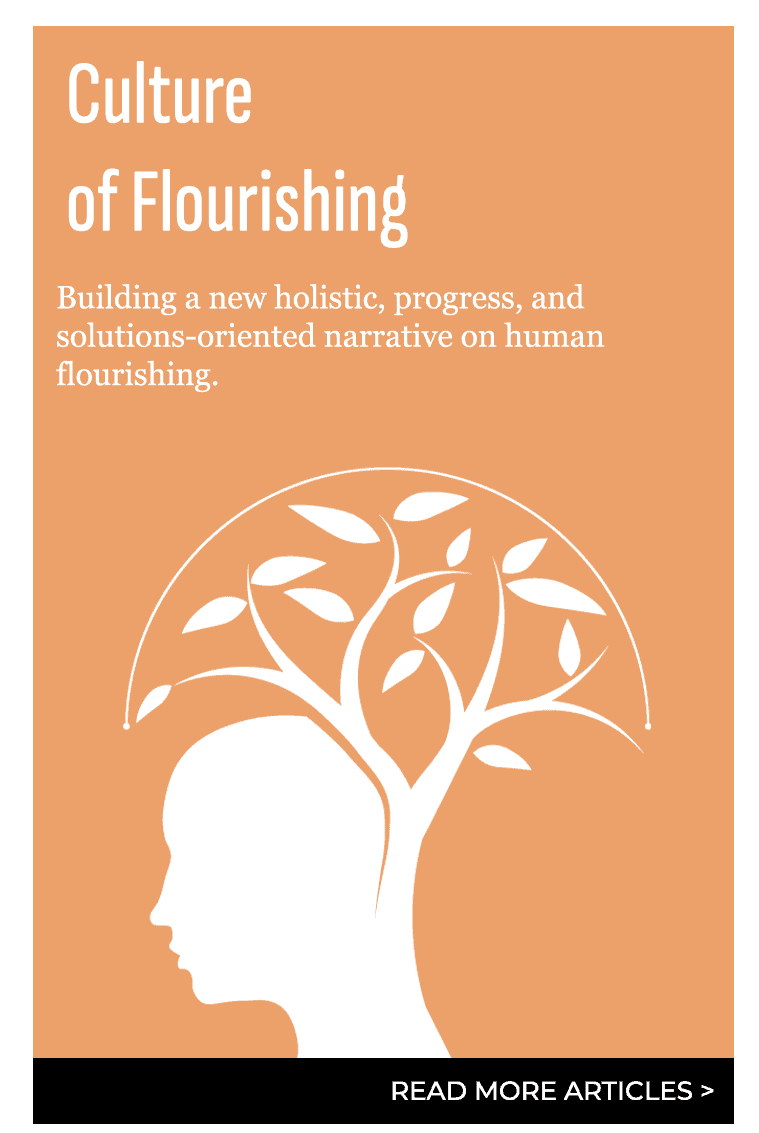
The Archbridge Institute is pleased to announce Dr. Justin Callais as its Chief Economist. Dr. Callais previously worked with the organization as a Research Fellow, and we are excited to expand his role and welcome him to our team full-time.
Dr. Callais is the lead author of the Archbridge Institute’s Social Mobility in the 50 States report. As a Research Fellow, he authored original publications such as Economic Mobility, the Rule of Law, and Property Rights Protection; Economic Mobility, Business Dynamism, and Barriers to Entrepreneurship; and Intergenerational Mobility, Social Capital, and Economic Freedom. Dr. Callais is currently an assistant professor of economics and finance at the University of Louisiana at Lafayette.
On naming Dr. Callais as Chief Economist, Archbridge President and CEO Gonzalo Schwarz said:
“I have been delighted to work with Justin as a Research Fellow over the past few years and look forward to expanding our work together. We are excited to grow our team with a Chief Economist, especially one as original, dedicated, and energized as Justin. Justin brings a passion for both economics and our mission of lifting barriers to human flourishing. I know he will make a great addition to our team and can help launch a human flourishing movement that takes seriously the challenges and insights of economics while embracing a holistic vision for human flourishing.”
Dr. Callais sat down for an interview with Archbridge President and CEO Gonzalo Schwarz to discuss his new role, the economics of human flourishing, and his latest venture on Substack.
What drew you to the Archbridge Institute and ultimately inspired you to leave academia and join the organization as chief economist?
I am impressed with both the previous work that has been done at Archbridge, as well as the vision. Archbridge has the great ability of taking academic output and being able to explain it to a non-academic audience, without losing its sophistication. Few people in the classical liberal tradition care and do work on mobility, whereas Archbridge is one of the exceptions.
What projects and priorities are you excited to tackle in your new role?
I am very excited about continuing the Archbridge Institute’s work around upward mobility, particularly with expanding the outreach of our Social Mobility in the 50 States index, updating it over time, and developing other areas as well. I am also eager to grow our influence within both academic and non-academic circles. Within academia, I hope to encourage more scholars to engage with these ideas, and then use that work to collaborate with state and national-based policy centers to translate the research into real-world policy solutions. Across the board, I hope to do more to educate people about the importance of economic mobility and its impacts on human flourishing.
Speaking of human flourishing, the Archbridge Institute has called for a renewed focus on what we’ve dubbed “the economics of flourishing.” From your work, what are some of the most interesting findings you have discovered in this research?
What I have found most interesting in this research is that there is a holistic approach to solving social mobility — or the economics of flourishing. While most previous studies focused on family stability, education, and social capital, many ignored influences matter. The entrepreneurial environment is crucial for mobility, as entrepreneurship breeds economic growth, which in turn brings about greater chances for mobility. Similarly, the rule of law and legal quality are important determinants. Governments should provide opportunities, not stifle them. Too often, government policies protect the interests of those who are already rich and powerful, while targeting those at the bottom of the income distribution. This only furthers the opportunity gap, and more freedoms are the solution to that problem.
As an example, Vincent Geloso and I wrote in the Southern Economic Journal that protection of property rights and a lax regulatory environment are strong predictors of higher rates of income mobility across countries; in a recent working paper with the Archbridge Institute, Vincent Geloso, Alicia Plemmons, Gary Wagner, and I find that the same is true within the United States, too.
That is interesting. Tell us more about the connections you have found between economic freedom, upward mobility, and income equality.
In a recent paper in the Journal of Comparative Economics, Andrew Young and I find that large scale market-based reforms have a substantial positive effect on incomes across the entire distribution. This means that average incomes for all rise when a country institutes more economic freedom. In particular, these reforms are strongest for the top 30% and bottom 40%, meaning that it is not a case of “the rich get richer, the poor get poorer.” While there are small increases in inequality from such reforms, the absolute gains heavily outweigh any distributional effects.
You recently started a Substack called Debunking Degrowth. What motivated you to launch this project, and why are degrowth ideas in need of being debunked?
In my opinion, the momentum around de-growth is incredibly worrisome. I believe that the heart of de-growthers is in the right place, but their ideas are dangerous and will only worsen the causes they care about. The benefits of economic growth are underappreciated; many de-growthers see economic growth as a sign that the powerful are getting richer and even more powerful, leaving the rest of us in the dust. However, economic growth has been the engine in solving some of the world’s most intractable issues. Economic growth has lowered poverty rates, reduced infant and maternal mortality, and increased overall well-being. Furthermore, technological advances (which are intrinsically tied to economic growth) have allowed countries to grow and prosper while also reducing emissions. Trying to stop growth via large-scale restructuring of the economy is only going to make us sicker, poorer, and the environment worse off.
A simple example is Venezuela, one of the richest countries in the world until an influx of bad policies led to turmoil. These policies disincentivized private production and innovation, making the country more reliant on its state-owned oil company. This meant that Venezuelans were getting poorer, and emissions were rising. If there is one big takeaway I want people to learn from my Substack, it is that economic growth (and the factors that promote it) is the solution to issues like emissions, poverty, and well-being, not the cause.



